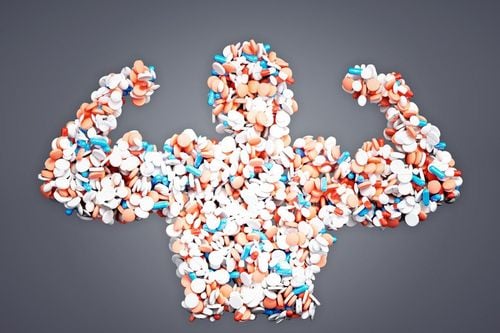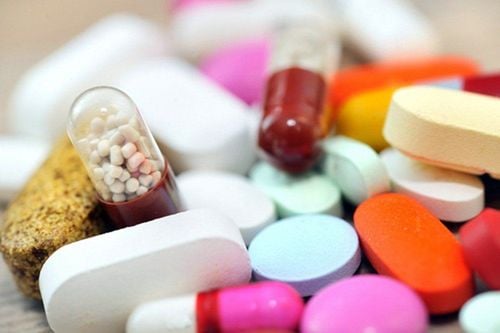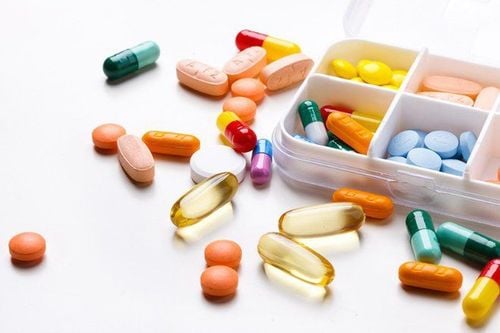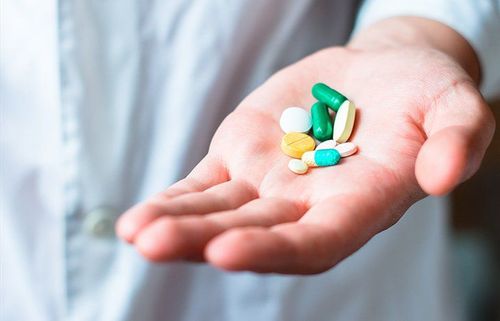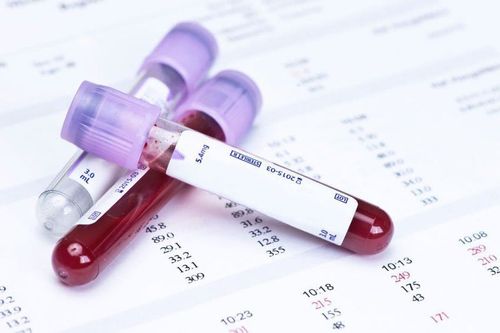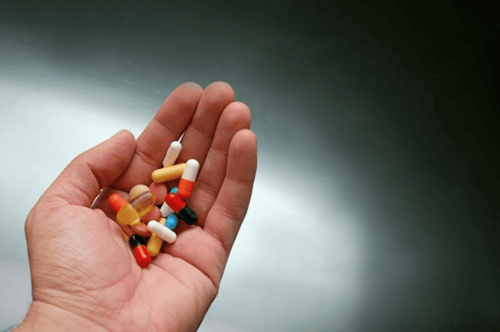This is an automatically translated article.
Article written by Doctor of Emergency Department - Vinmec Phu Quoc International General Hospital
Drug poisoning greatly affects the patient's health as well as daily activities. Appropriate patient care during substance abuse recovery is required.
1. General
There is little literature on care for patients recovering from drug or alcohol addiction. Because there are so many disorders to deal with when a patient abstains from alcohol and drugs; It is most appropriate to wait several months before treating less serious disorders.
Patients in the recovery phase should be screened to make sure they continue to abstain from drugs and alcohol. Several short questions can help the physician assess, patients in the active recovery program answer these questions with transparency and openness. If accompanied by a family member, ask them what the patient is doing. The patient's active support is imperative, even if they have relapsed. Physicians should emphasize the need to have accurate information about the patient's current overdose status, thereby preventing serious side effects when prescribing medication.
Any drug has the potential to cause a relapse, especially those that alter mental status. Prescription drugs can cause disease recurrence by lowering the patient's "resistance" or because the patient has become "responsive" to previously prescribed drugs. The following are guidelines for patients with alcohol and drug addiction:
Whenever possible, non-pharmacological treatment may be used. Encourage patients to exercise, meditate, and change their diets. Use acupuncture or biofeedback before prescribing medication. Avoid benzodiazepines and anesthetics. If use of this drug is necessary, the patient should be carefully monitored with a regular monitoring regimen. Be careful when prescribing “stimulant” drugs such as those inhaled through the nose that contain cocaine. Use “alternative” drugs such as antidepressants for chronic pain or buspirone for anxiety because they are less likely to be addictive Choosing medications with side effects can have a beneficial effect profit. Beta-blockers, for example, treat high blood pressure because they reduce anxiety, one of the common symptoms in the early stages of recovery. Recognizing that increased drug sensitivity will be detrimental because the patient has been addicted to alcohol and drugs. Patients should be carefully evaluated focusing on particular complications from their previous addiction. People who inject drugs should be screened for hepatitis and HIV disease. Before prescribing medication, wait for medical complications along with withdrawal symptoms to return to normal or early stages of recovery. Anticipate changes that are common during the recovery period and advise patients about these changes to reduce anxiety and seek treatment. Questions to assess recovery:
Do you attend recovery or aftercare meetings? When was the last time you attended a meeting like this? Do you have a support person and when was the last time you contacted him/her? What step are you taking? (if patient is on a 12-step program).
2. Treatment of some specific diseases
2.1. HIV disease
HIV disease is a common complication of injecting drug addiction. Most patients who inject drugs are also addicted to alcohol. Using antiretroviral drugs to treat HIV disease in patients with alcohol or drug abuse can be challenging. Didanosine (DDI) and zalcitabine (DDC) can cause pancreatitis so they are not recommended for alcoholics or patients with a history of pancreatitis. Lamivudine (Epivir, 3TC) is a new synthetic nucleoside drug, which alone has rarely caused pancreatitis in adults (< 0.5%).
Patients taking zidovudine (AZT) may experience drowsiness, fatigue, gastrointestinal disturbances, and headache. These symptoms can be confused with opiate withdrawal symptoms, so patients should be informed of these side effects before starting zidovudine treatment.
Protease inhibitors are less toxic than other antivirals and may be useful in patients with a history of chronic pancreatitis. They are metabolised in the liver by the P450 enzyme system and they can cause complications in patients being treated with methadone. The ritonavir formulation contains alcohol and has caused severe reactions in patients taking disulfiram. It can cause relapse in patients in the recovery phase.
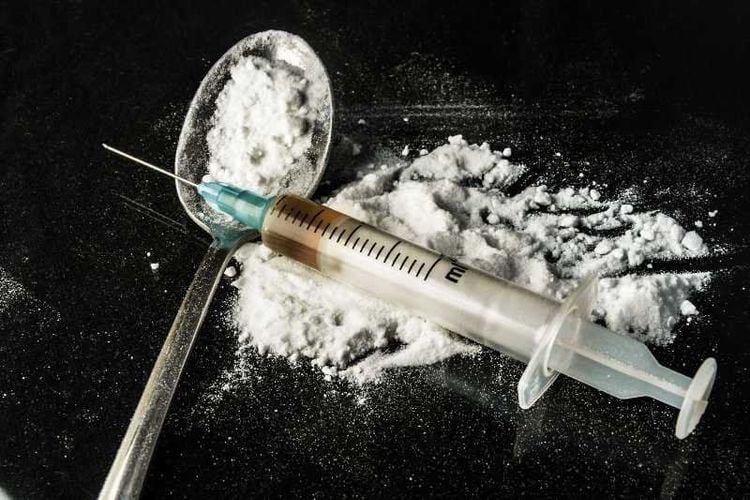
Bệnh do HIV là biến chứng thường gặp của nghiện chích thuốc
2.2. Respiratory disease
Prescription and over-the-counter cough and cold medicines can put patients in recovery at risk of relapse if they contain alcohol and codeine. Dextromethorphan works like codeine for cough relief and it has no additional properties. Pseudoephedrine is a stimulant, and it's dangerous when it comes to cocaine.
Most antihistamines are sedating and have the potential for overdose or relapse. Allergic symptoms can be treated with newer non-sedating antihistamines such as artemizol or loratadine. . Both drugs are metabolized in the liver and are contraindicated in patients with severe liver disease because they cause cardiac arrhythmias, Fexofenadine is not metabolized in the liver and it may be a better antihistamine to be used. for patients with liver disease. Nasal steroids can treat allergic sinusitis, but they should be used with caution when in spray form with the addition of cocaine.
3. Caring for patients who continue to abuse drugs
Treating patients with medical complications while they abuse alcohol or drugs is difficult. The first goal is to help patients deal with their drug and alcohol abuse.
Patients should be encouraged to implement a drug and alcohol overdose treatment program. Most patients can be managed on an outpatient basis unless they have severe medical or psychiatric complications. Detoxification treatment may require a short hospital stay. If a physician does not feel comfortable treating patients who continue to take medication, these patients should be treated by other physicians. To prevent a serious or potentially fatal reaction caused by concomitant drug or alcohol abuse, doctors need to exercise extreme caution when prescribing any medication to drug or alcohol abuse dolls. Drug misuse is a major problem among patients who continue to abuse drugs and alcohol.
Vinmec International General Hospital with a team of highly specialized and leading medical doctors, along with modern medical equipment of international standard quality, readers can trust to choose as a destination for medical examination and treatment. and treat yourself and your family.
Please dial HOTLINE for more information or register for an appointment HERE. Download MyVinmec app to make appointments faster and to manage your bookings easily.




